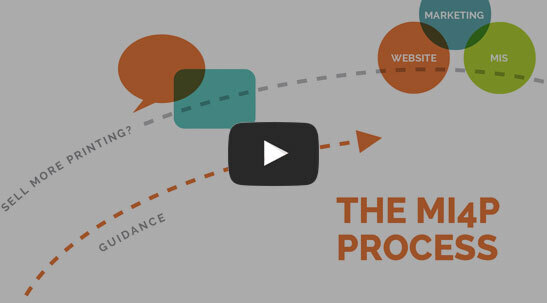Did you know that Kenyan runners will purposely run at odd, varying speeds?
“The goofy foot rhythm screws up nearby competitors since fellow runners naturally try to keep up with them. The confusing patterns screw up the competitors enough that they can easily pass by them. In short, they set the pace.”
Imagine if these same Kenyan runners gave away their power and allowed fear of the competition to keep them from embracing their unique running talents?
Unfortunately, it’s not uncommon for fear of competition to leave some businesses stagnant. But it doesn’t have to be that way.
Competition can drive you to be better, help you avoid complacency, and point you to a new future. Henry Ford understood this when he said, “The competitor to be feared is one who never bothers about you at all but goes on making his own business better all the time.”
How can you better your business? You face the competition head-on.
This email series has helped you face your competition by teaching you the importance of focusing on your niche audience, getting personal, and connecting with your audience. Today, you’ll learn the advantages of thinking beyond the printing you provide to become a knowledge partner to your clients.
Here’s how.
What is a Knowledge Partner?
If a print buyer places an order right now on a big-business website for printing, they’ll only get one thing: printing.
But, if they were to order from you, not only could they get better quality printing, but they could also connect with you personally and get your knowledge on how to use that printing to best tell their story.
That is the idea behind a knowledge partner.
A knowledge partner is when you and your clients have a personal, ongoing, one-on-one relationship, not a relationship that consists of impersonal, sporadic transactions that leave them as nothing more than a number on a spreadsheet or financial report.
3 Ways to Create Knowledge Partners
Knowledge partnerships make print buyers think of you first when they have a project or a question. Here’s how you can make it happen.
1. Think Like a Consultant
It’s time to stop thinking of the almighty sale as the ultimate reward. The ultimate reward is the long-term relationships that breed continual sales for a lifetime.
Think of it this way: A customer will make a purchase because of the features of a product or service. A client will remain because of the benefits. Focus on the benefits of being a trusted partner and of being able to discuss strategy together.
When you listen, collaborate, and seek to grow together, your mutual success begins to blossom. Partnerships breed trust, allowing you to assist and recommended other solutions or services to aid in your client’s success.
2. Anticipate the Needs of Your Print Buyers
As a knowledge partner, you act as the expert your print buyers have on speed dial.
If you’re the first one your clients call, you have to be ready and proactive in meeting their needs. You have to anticipate the needs print buyers are going to need your assistance with. This means knowing current trends and staying ahead of the curve to be able to discuss and meet their current print marketing needs.
3. Use the Power of Empathy
Everyone’s situation is different, and you have the ability to recognize that and act on it.
Instead of being pushed through the big-box online order corral like cattle, you have the opportunity to not only anticipate the needs of your print buyers but meet them individually. You can meet over coffee. You can plan and execute experimental strategies together. You can see them – in all their challenges and victories – and play an active role in making a difference for them.
Being able to provide empathy and meet the unique needs of your audience is one of the greatest advantages you have over your competition. Be sure to use it.
Consider the Cost
Lastly, consider this story about the value a knowledge partner can bring.
A man was staying with some friends when he went into their bathroom to take a shower. Right away, he noticed the bathroom had several bars of soap, which he thought was somewhat odd. From lavender to eucalyptus to French clays, the soap options were plentiful.
Intrigued by this, he asked his friends, “Why do you have so many unique bars of soap? I have a $0.50 bar of Ivory at home, and it suits me just fine. I can’t imagine how much you’re paying for soap.”
His friend replied, “We pay about $7.00 per bar, but let me tell you why. First, a local friend makes the soap using quality ingredients. We know what’s in the soap, who makes it, and we want to support her local business. Secondly, I no longer have to stare at the grocery store shelves wondering which soap is best for me. My friend cares enough to listen to what I’m struggling with and takes the time to explain to me how lavender will help relieve my tension and induce relaxation. Eucalyptus will promote skin circulation and healing wounds. And French clays… well, did you know they draw out impurities, refresh and exfoliate the skin, and are good for soothing and moisturizing? Her knowledge, care, and quality product make it worth every penny.”
The value of a knowledge partner is what will lead a buyer to look past the price and see the actual value of a business relationship.
How will you use your knowledge to benefit your buyers and the future of your business?




